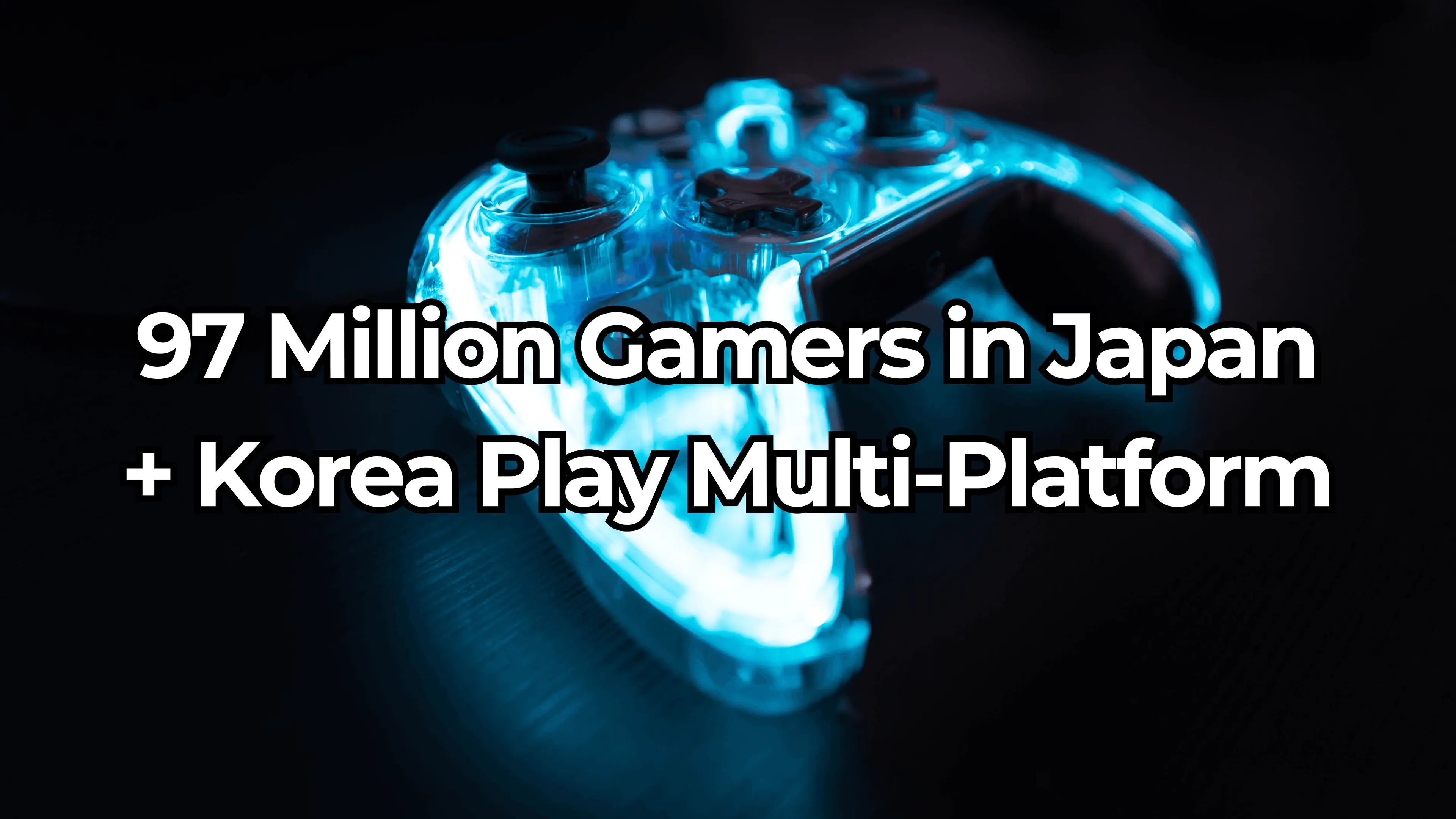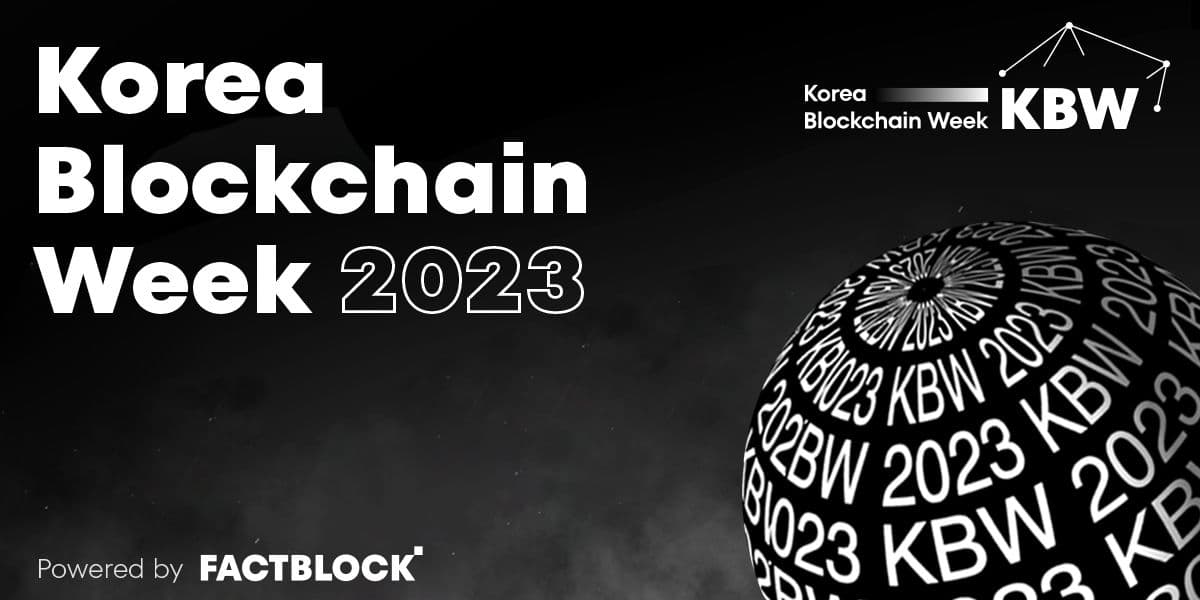Over the last ten years, Korean popular music (K-pop) has grown into a global cultural force. With a digital-first audience and highly engaged fan communities, K-pop has influenced a range of sectors beyond music, including fashion, film, and technology. Despite this broad expansion, one area that remains relatively unexplored is gaming.
While the audiences of K-pop and gaming share similar digital behaviors and demographics, collaboration between the two industries has yet to reach its full potential. As digital entertainment continues to evolve, the convergence of K-pop and gaming presents an opportunity for both sectors to expand their global footprint, reach new audiences, and unlock new forms of engagement.

K-pop and Gaming: An Untapped Opportunity
Global Expansion and Strength of K-pop
K-pop's international presence has grown substantially. According to data from the Korea Foundation and the Ministry of Culture, Sports and Tourism, the global K-pop fanbase expanded from roughly 4 to 6 million fans in 2012 to more than 150 million in 2023. This growth is also visible in music sales, with K-pop artists holding nine of the top ten spots in global album sales in both 2023 and 2024.
The commercial impact of K-pop is driven by fan loyalty and participation. Unlike many music genres where engagement is largely passive, K-pop fans are highly involved in online communities, merchandise purchases, and live events. On average, K-pop fans are 2.5 to 3.5 times more valuable than typical music listeners in terms of spending. This spending pattern places them at a level comparable to, and often exceeding, that of average gamers.

K-pop and Gaming: An Untapped Opportunity
Evolution of K-pop and Readiness for Gaming
K-pop's development is often divided into generational periods that reflect changing strategies in artist development, audience engagement, and global expansion. The first generation, from 1992 to 2003, focused on establishing the structure of idol groups and introducing the trainee system. This period laid the foundation for the modern K-pop model. The second generation, from 2003 to 2012, saw the first significant wave of international interest in Korean music, particularly in East Asia.
Artists from this era contributed to the rise of the “Hallyu Wave,” using social media and international tours to expand their reach. The third generation, between 2012 and 2019, marked K-pop’s entry into Western markets. Groups like BTS and BLACKPINK achieved global success through digital content, collaborations with international artists, and performances on major global platforms.
Since 2019, the fourth generation has further integrated digital tools into K-pop’s identity. Groups such as aespa, ATEEZ, and ITZY have used platforms that incorporate virtual elements, fan communities, and real-time digital concerts. aespa, for example, uses virtual avatars that interact with fans and form part of the group’s storyline. These developments have shown that K-pop is well-positioned for integration into interactive digital formats such as gaming.

aespa
Audience Overlap and Behavioral Alignment
Despite limited comprehensive data on the direct overlap between K-pop fans and gamers, industry estimates suggest that approximately 70 percent of K-pop fans also engage with games. This overlap is supported by demographic similarities, particularly among Gen Z, who make up around 45 percent of the global K-pop fanbase.
Gen Z consumers are also highly active in gaming, with 88 percent playing games and more than 60 percent making in-game purchases. This behavioral alignment offers a strong foundation for engagement across both industries. K-pop’s revenue model is also aligned with digital experiences.
While other international music genres such as Latin music earn the majority of revenue through streaming (98 percent in the U.S. market) K-pop’s revenue sources are more diversified. Only 10 to 20 percent of K-pop’s revenue in the U.S. comes from streaming, while 70 to 80 percent is generated through merchandise, album sales, and live performances. The integration of gaming could open new revenue streams in both virtual and physical product categories.

K-pop and Gaming: An Untapped Opportunity
Case Study: Cross-Media Success in Animation
The growing interest in K-pop outside of music is already evident in other entertainment formats. The Netflix film K-pop Demon Hunters, released in June 2025, achieved over 80 million views in its first month, making it the fastest-growing animated original on the platform.
The film’s soundtrack, created by active K-pop songwriters and performers, featured fictional groups modeled on real K-pop acts. The songs Your Idol and Golden both reached number one on the U.S. Spotify Daily Top Songs chart. These milestones marked the first time a K-pop soundtrack, and specifically a fictional group, achieved this level of success on the platform.
This example demonstrates K-pop’s ability to function as transmedia intellectual property, with its influence extending beyond music into film and digital storytelling. The structure of K-pop groups, which often includes narrative elements and character development, aligns well with interactive entertainment formats such as video games.

Netflix Film K-pop Demon Hunters
The Mutual Benefits of Integration
The gaming industry has previously contributed to music discovery, especially in genres like hip-hop. In the U.S., hip-hop listeners are significantly more likely to discover music through games. The same dynamic could be applied to K-pop, especially in Western markets where platform penetration of K-pop agency apps remains limited.
Game platforms with a strong user base in English-speaking regions could introduce K-pop to new audiences. An example of this potential is TWICE’s virtual fan meet event held on Roblox. The announcement of the event led to a 6.4 percent increase in the group’s global music streams within a week. Such instances show how gaming platforms can act as catalysts for engagement and content discovery.

TWICE’s Virtual Fan Meet Event Held on Roblox
Scalability, Storytelling, and Digital Readiness
K-pop’s emphasis on brand identity, storytelling, and fan interaction positions it well for integration into gaming environments. The use of digital avatars, curated group personas, and structured lore already mirrors elements found in virtual influencers and gaming narratives. This compatibility provides scalability and consistency, allowing for controlled representation of artists and brands within games.
Gaming, on the other hand, can provide K-pop with new engagement formats, including interactive concerts, in-game merchandise, and story-based quests. These formats not only offer new revenue opportunities but also serve as platforms for audience development, particularly in regions where K-pop is still growing.
A Convergence Built on Shared Strengths
As both K-pop and gaming continue to evolve, their shared digital foundations and overlapping audiences make collaboration increasingly relevant. The high level of engagement typical of K-pop fandom, combined with gaming’s interactivity, presents a clear path toward deeper integration. Unlike traditional celebrity influence, K-pop artists benefit from structured narrative development and curated personas, which align naturally with gaming’s emphasis on character-driven storytelling.
The convergence of these two industries offers more than just new content formats. It introduces opportunities for long-term fan retention, diversified monetization, and cross-platform innovation. For gaming companies, K-pop represents an avenue for culturally relevant content. For K-pop agencies and artists, gaming offers a scalable way to reach new fans and expand their digital presence.



